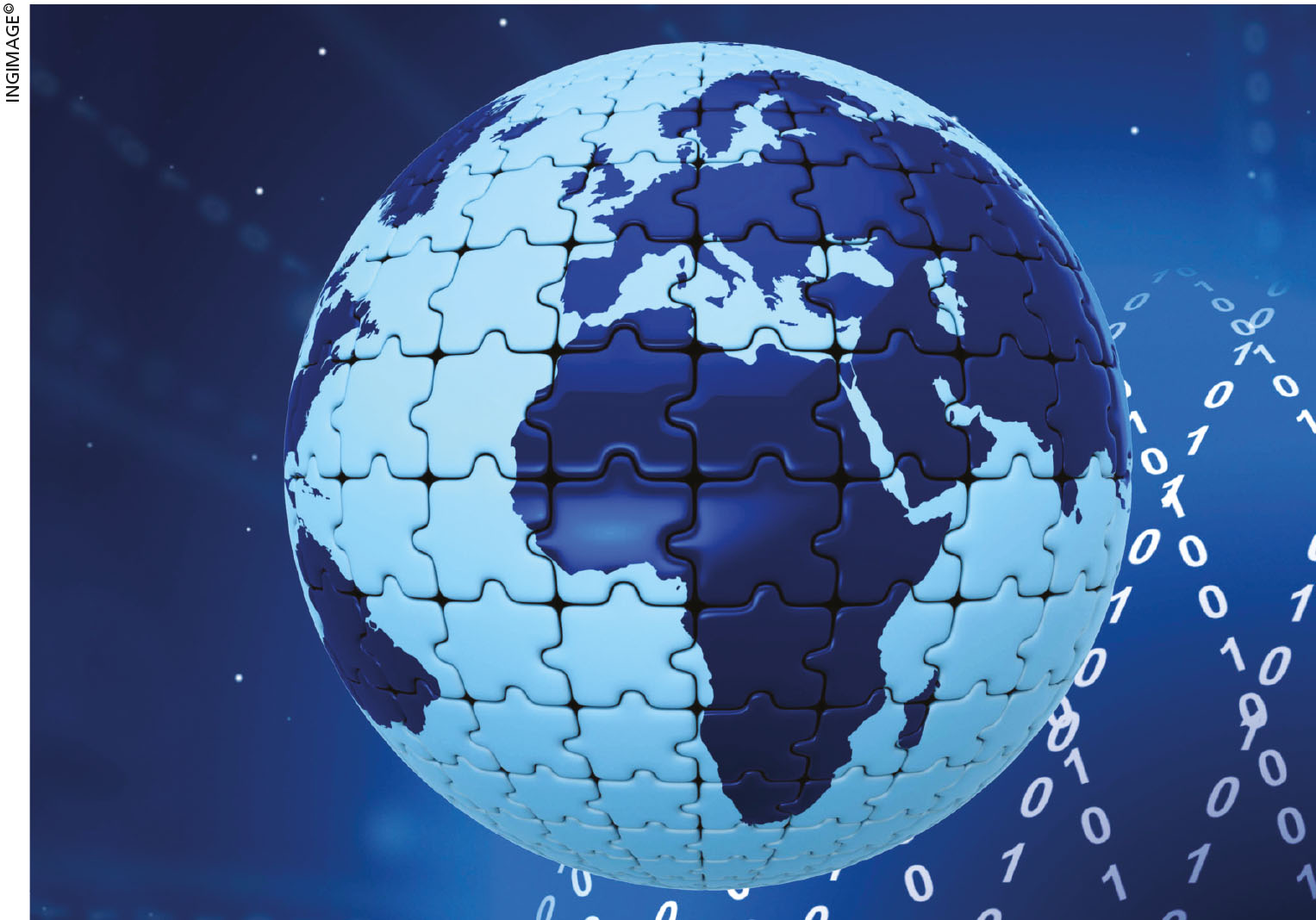FOREIGN POLICY

BUILDING GLOBAL RELATIONSHIPS
Nurturing inclusivity in the local and foreign contexts – Dr. Jehan Perera
With challenges mounting by the day, the government needs to move in the direction of more inclusivity in both domestic and foreign policy. The loss of the US$ 480 million grant offered by the Millennium Challenge Corporation (MCC) is an example of losing by being extreme.
The Rs. 89 billion that would have been made available to the country could’ve been used for the welfare of the people by renegotiating the
 activities set out in the grant. This grant might have also induced foreign investors to place their faith in Sri Lanka with the reassurance that the US government’s investment in the country was an indication of its economic viability.
activities set out in the grant. This grant might have also induced foreign investors to place their faith in Sri Lanka with the reassurance that the US government’s investment in the country was an indication of its economic viability.
President Gotabaya Rajapaksa has been asserting the need for foreign investment in the country instead of seeking loans. This indicates his determination to ensure sustainable growth.
Unfortunately, the communicated message is negative – i.e. the US government has given up on the island at a time when it faces a massive debt repayment crisis. This poor image will be worsened by the negative credit ratings that Sri Lanka has been receiving from reputed credit rating agencies, the analyses of which are being noted by international investors.
Adding to the problems likely to be faced by the government is the likelihood that the United States together with EU countries will be contemplating a fresh resolution on Sri Lanka in the UN Human Rights Council (UNHRC) to replace the last one (the implementation of 40/1 ends in March).
In February of last year, the government decided to withdraw from the implementation of the resolution and commitments made by its predecessor when it cosponsored 30/1 of 2015.
The government’s hope will be to muster the support of developing nations, as well as its superpower allies China and Russia, to numerically defeat countries that wish to put it in the dock again on human rights.
However, this hope will be endangered by the alienation of Muslim countries due to the issue of the forcible cremation of those who have lost their lives to COVID-19. This could be seen as an example of extremism that goes against both science and religion, to the discredit of rationality and moderation.
Unless government leaders analyse problems more rationally, they will not be able to cope with the enormous problems associated with getting Sri Lanka out of its morass; and this is an ability that they’ve shown to possess.
The government’s capability to eschew polarisation in foreign policy could be seen in its ability to tide over the foreign exchange crisis by negotiating 3.5 billion dollars in currency swaps from China and India, which are rivals on the global stage as well as in relation to Sri Lanka where they have been vying for prominence.
The decision to lease the Eastern Container Terminal of the Colombo Port to an Indian company in partnership with the Japanese government can assuage India’s concerns regarding China’s potential security threat to itself. This offers India a similar presence in Sri Lanka’s ports to China’s in the Hambantota and Colombo Ports.
This is positive as India is not only physically close to us but also culturally, which positions it as the closest to our nation in more ways than one.
India’s support has appeared in the form of political support in international forums – particularly those in which Sri Lanka is politically vulnerable as a result of its blemished human rights record due to wars and authoritarian rule when it was capable of doing much better.
In the case of votes taken at the UNHRC, India invariably voted along with Sri Lanka to oppose global sanctions of any sort being imposed on the island. Only once did it abstain from voting for either side – in 2014.
India’s support has been particularly helpful as it provides leadership to other developing countries that tend to look to it for guidance.
If Sri Lanka is to prosper, it needs to build relationships with the world – and the best place to begin would be with the communities living in the country.
Rajapaksa said he will be the president of all Sri Lankans and not only those who voted for him. The administration he leads would need to think about problem solving that isn’t aligned with any single group, community or country, but with rationality and the interests of all in mind.
If the government does this, the healing and rebuilding of Sri Lanka as a multiethnic, multi-religious and plural society would begin… and the country will emerge stronger to engage with the world and derive the best from it.




Leave a comment